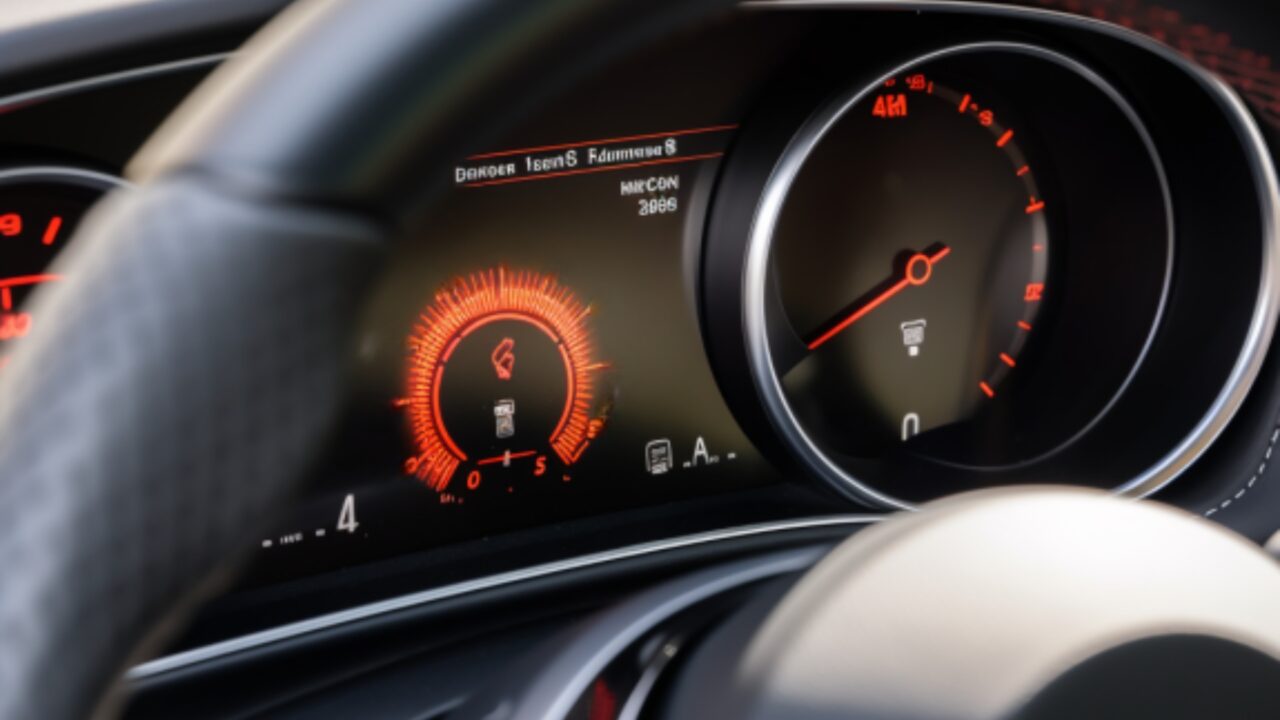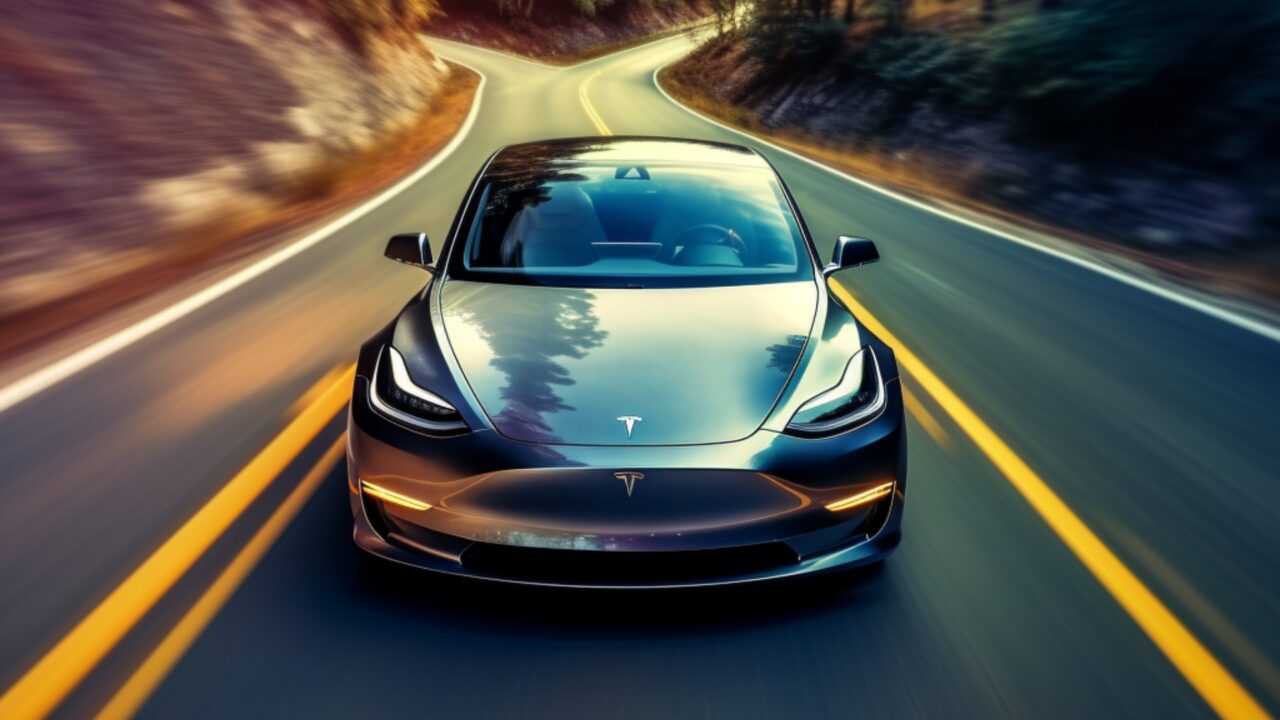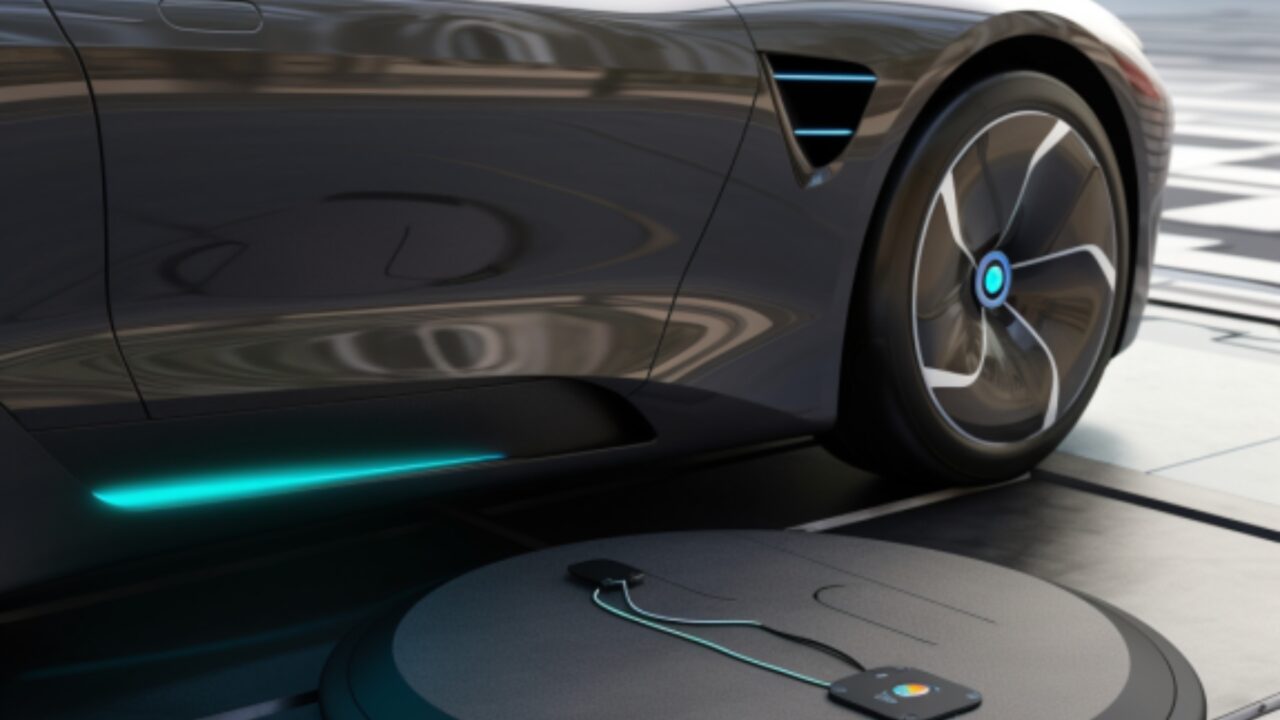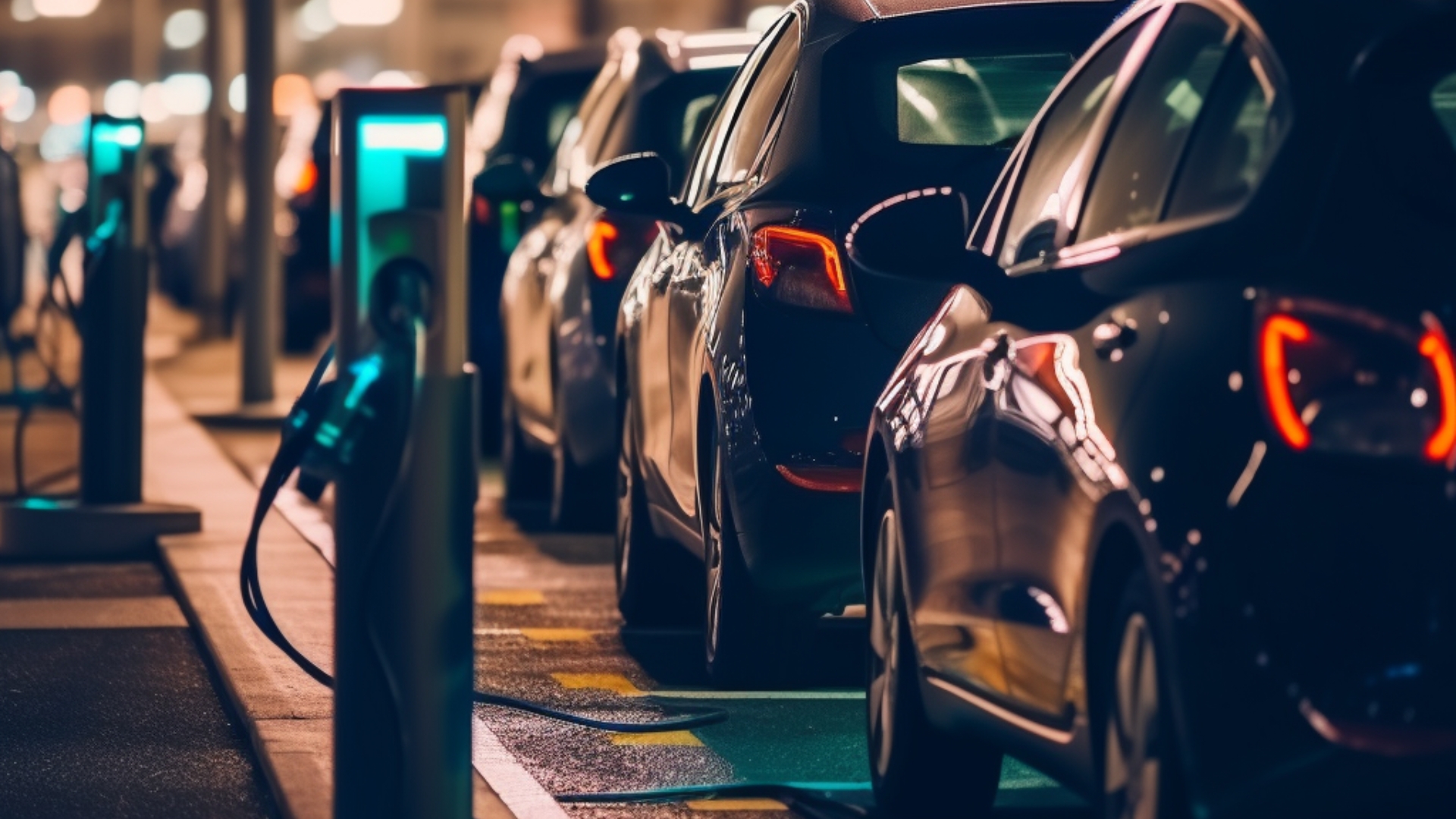Explore adapting motoring taxation for the electric era. Learn about ChargeUK’s commitment to doubling the number of EV chargers. Discover Fiat’s appeal for stronger incentives to boost EV adoption. Get a glimpse of Luvly’s innovative flatpack electric car and find out about wireless car charging technology.
UK government encouraged to support EVs instead of imposing taxes
The UK Government has prompted discussions about how to adapt motoring taxation to meet the needs of an electric-dominated era. A recent proposal to introduce a pay-per-mile car tax scheme for EVs has been met with criticism.
Revenue from fuel duty will likely decline significantly over the coming years, leading to a potential shortfall of over £30 billion annually in Government revenue.
EVs are currently exempt from Vehicle Excise Duty (VED) until 2025. An increasing number of wealthier EV drivers paying a 5% tax via home charging could place a disproportionate burden on lower-income households who may use public charging networks which attract a 20% tax.
Measures to impose a 6p/mile charge on electric cars would be to solely fill a potential revenue gap and would need to be based on annual mileage checks at MOTs or through inbuilt tracking systems.

Forecasts indicate that electric vehicles will account for one in six miles driven in the UK by 2027, so the government must encourage the transition to electric mobility in the fairest way.
ChargeUK aims to help the growth of EVs
With a record-breaking number of registrations reported in 2022 and continued growth this year, it appears that more and more people are making the switch to electric transport.
But, one of the primary worries potential customers still have is their range capability. Mainly, it is those rare long journeys such as road trips or holidays that are the problem. These journeys exceed the vehicle’s range and hinder potential drivers.
The number of electric vehicle charging points has reached over 42,000 across nearly 25,000 locations by April 2023 but expansion may not be as rapid as required in some areas.
With this in mind, ChargeUK, a new organisation made up of many public charging operators, has promised to help double the number of EV chargers by the end of the year.
Fiat urges UK Government to enhance incentives for EV adoption
Fiat has called on the UK government to provide stronger incentives for British motorists to embrace electric vehicles. In an open letter to the government, Fiat highlighted that other countries around the world are offering greater support for the transition to EVs.
Last year, the UK government stopped subsidies for electric cars, instead, redirecting funds on expanding the charging infrastructure and supporting other battery-powered vehicles. However, some areas have still experienced more than a doubling of the shortfall of charging points over the past year.
Fiat’s UK M.D. believes more still needs to be done to incentivise individuals to be able to afford to make the switch. Fiat has expressed concerns that EV sales in the UK have not accelerated as quickly as expected, with the withdrawal of subsidies playing a role.

A Swedish flatpack electric car
Luvly, a cutting-edge technology firm, has unveiled its latest creation, the Luvly O model, a compact electric car designed for navigating city streets. Their founder, Håkan Lutz, explained that the product can be flat packed to reduce transport costs and assembled in factories worldwide.
The innovative vehicle is set to be on British roads by the end of the year. They offer a top speed of 55mph and a range of 62 miles, which is perfect for urban mobility. It has two portable batteries that can be easily charged wherever you are.
Despite its diminutive size, the Luvly O boasts impressive safety features to ensure maximum safety for occupants and is priced at a very affordable £8,700!
Rules of origin
The stringent “rules of origin” issue that could potentially lead to EV tariffs in the UK has been discussed with Brussels putting forward a suggestion for the UK to join the pan-European agreement on goods trade.
This agreement encompasses over 20 countries across the EU, Middle East, and North Africa, known as the pan-Euro-Mediterranean convention. By joining this convention, the UK would have the opportunity to avoid the tariffs, as goods assembled in one country using parts manufactured in another member state would be recognised, potentially alleviating the concerns expressed by carmakers.
Electric car charging wireless technology
Wireless car charging technology that draws its inspiration from wireless phone charging, allows vehicles to be charged by simply parking over or near a charging pad.
Various manufacturers have conducted pilot schemes to test the viability of this technology. A fleet of electric Volvo XC40 taxis in Gothenburg, and similarly, in Nottingham, the Wireless Charging of Electric Taxis (WiCET) project successfully utilised 10kW charging pads to charge Nissan and LEVC plug-in hybrid taxis.

Feedback indicated that the charging speed was somewhat slow but ultimately it is very convenient. Not surprisingly, there is a growing industry including InductEV, Easelink, WiTricity and a recent Stellantis Peugeot concept that continues to explore and develop ideas for wireless charging. It is difficult to see how this is not the future of charging our electric vehicles with ease!
